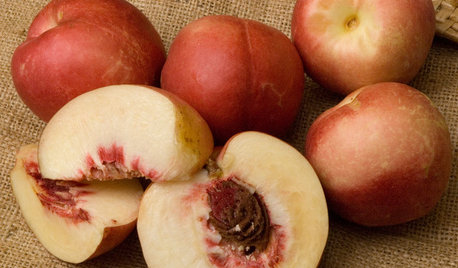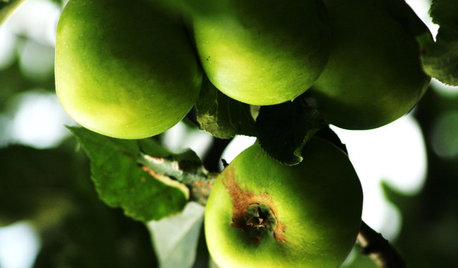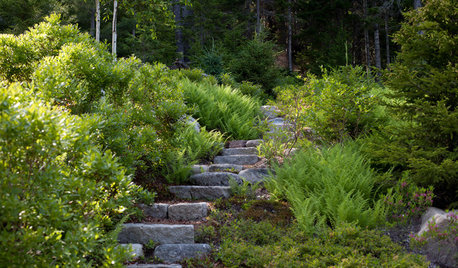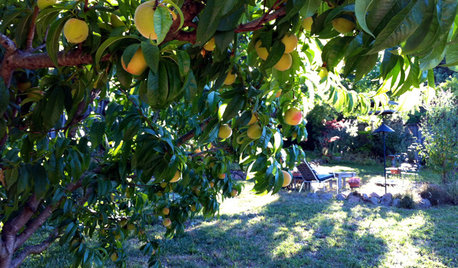Organic dormant spray for fruit trees?
ashleysf
14 years ago
Related Stories

EDIBLE GARDENSHow to Grow 10 Favorite Fruit Trees at Home
Plant a mini orchard in fall, winter or early spring to enjoy fresh-off-the-tree fruit the following year
Full Story
EDIBLE GARDENSGrow Plum Hybrids for Your Favorite Fruit Flavors
Plums are cozying up with apricots, peaches and even cherries — here’s how to grow these hybrids for the best aspects of each
Full Story
GARDENING GUIDESHow to Keep Your Citrus Trees Well Fed and Healthy
Ripe for some citrus fertilizer know-how? This mini guide will help your lemon, orange and grapefruit trees flourish
Full Story
EDIBLE GARDENSHow to Add an Apple Tree to Your Edible Garden
Readily available, beautiful and fragrant, apple trees offer four-season interest along with crisp, juicy fruit
Full Story
MOST POPULARHow to Get Rid of Those Pesky Summer Fruit Flies
Learn what fruit flies are, how to prevent them and how to get rid of them in your home
Full Story
GARDENING GUIDESGreat Design Plant: Grow Blueberries for Their Fruit and More
Eastern gardeners should consider growing blueberry plants for their delicious fruits, bee-friendly spring blooms and brilliant fall foliage
Full Story
EDIBLE GARDENSHow to Grow Your Own Peaches and Nectarines
Make gardening a little sweeter with these juicy fruits, which you can eat after plucking or preserve for later
Full Story
GARDENING GUIDESHow to Keep Your Trees Healthy
Ensure your trees’ vigor for years to come with these tips for protecting roots, watering effectively and more
Full Story
GARDENING GUIDES5 Best-Behaved Trees to Grace a Patio
Big enough for shade but small enough for easy care, these amiable trees mind their manners in a modest outdoor space
Full Story
GARDENING GUIDESSpring Citrus Care Reaps Months of Sweet Rewards
Learn how to tend citrus trees in spring and ways to preserve their delicious fruit
Full StorySponsored
Franklin County's Custom Kitchen & Bath Designs for Everyday Living
More Discussions






Dan _Staley (5b Sunset 2B AHS 7)
wayne_5 zone 6a Central Indiana
Michael
rhizo_1 (North AL) zone 7
Kimmsr
ashleysfOriginal Author
Dan _Staley (5b Sunset 2B AHS 7)
gardengal48 (PNW Z8/9)
Dan _Staley (5b Sunset 2B AHS 7)
Michael
gardengal48 (PNW Z8/9)
Dan _Staley (5b Sunset 2B AHS 7)
Michael
dicot
justaguy2
Kimmsr
Dan _Staley (5b Sunset 2B AHS 7)
gardengal48 (PNW Z8/9)
justaguy2
gardengal48 (PNW Z8/9)
justaguy2
Dan _Staley (5b Sunset 2B AHS 7)
justaguy2
Dan _Staley (5b Sunset 2B AHS 7)
ashleysfOriginal Author
justaguy2
gardengal48 (PNW Z8/9)
ashleysfOriginal Author
justaguy2
justaguy2